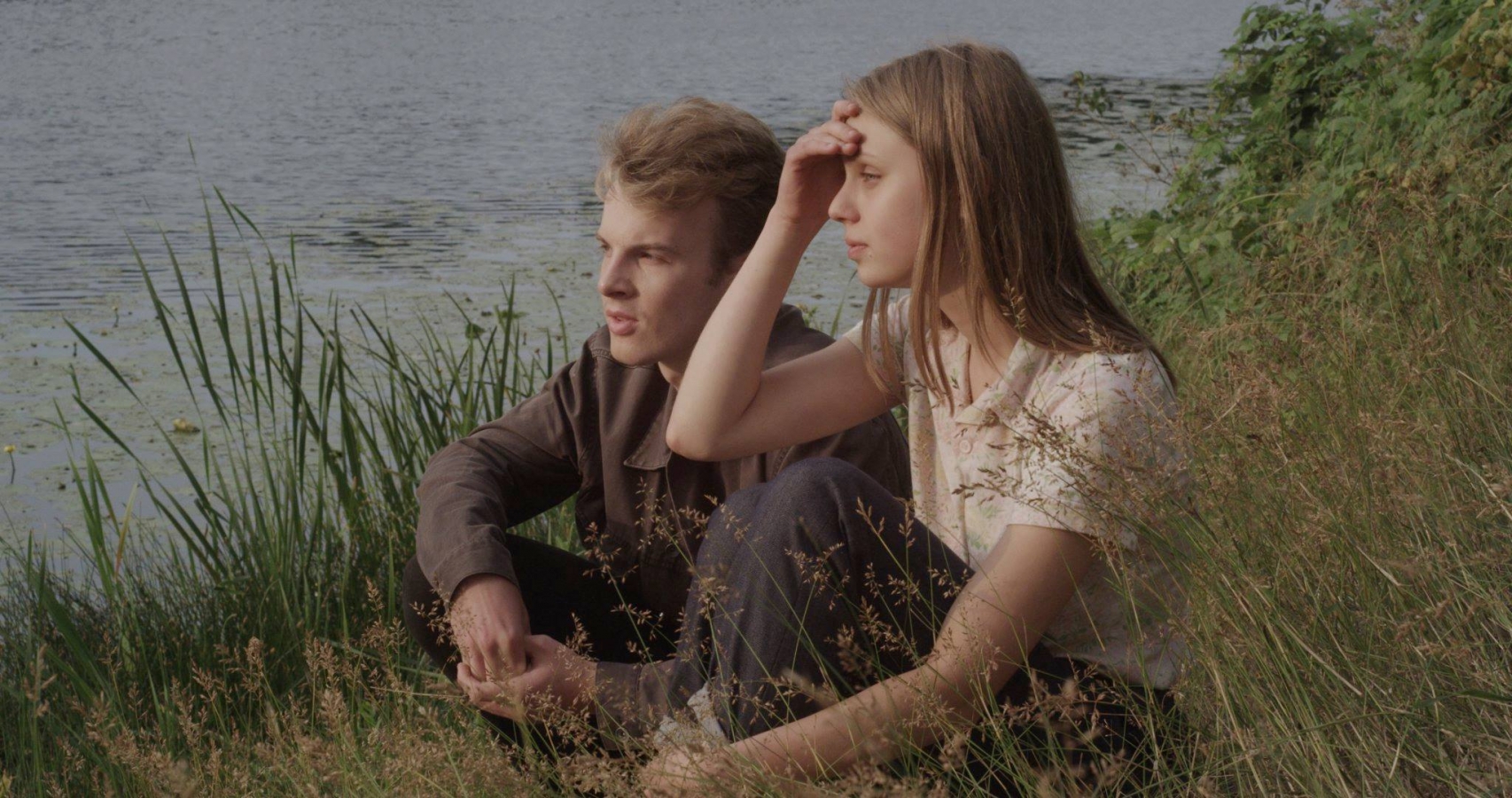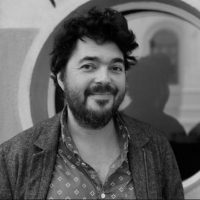
A propos de WALDEN
Walden est le nom d'un lac, il pourrait se situer au milieu des bois du Massachussetts comme dans le livre de Thoreau, mais c'est caché au cœur d'une forêt lituanienne qu'il hante le film de Bojena Horackova avec la persistance et la fixité étincelante du souvenir. Et c'est l'écho d'un autre exil, également lituanien et éponyme, que l'on entend alors, celui du diariste Jonas Mekas : même palpitation impressionniste, mêmes éclats de beauté et réminiscences. Le film nous parvient paré de la grâce d'un autre temps, pas seulement celui dans lequel évoluent ses jeunes héros, l'année 1989, qui fera naître tant d'espoirs et de vertige à la jeunesse du bloc de l'Est. Il nous vient de plus loin encore, des plages du Monika de Bergman où les visages étaient autant de paysages limpides. La douceur des couleurs, le frémissement du vent… Walden nous conduit vers cette époque de la vie où les premiers élans de l'amour se confondent avec la soif d'une liberté rêvée. C'est cette alchimie secrète que cherche à saisir la cinéaste en s'approchant lentement du visage de Jana, avec un art de la lumière et du portrait subjuguant. Un portrait qui débusque à chaque instant les rêves de cette jeunesse à l'horizon bouché qui cherche les moyens, quels qu'ils soient, de vivre sa vie. Mais ce qui se sent dans les ellipses du montage, c'est aussi la peur du saut dans le vide, vers l'inconnu de l'amour, vers les profondeurs de ce mirage liquide où se précipitent tous les ailleurs sauvages, tous les refuges à inventer : Walden, le lac, Walden, l'avenir.
Filmés en un seul plan, précis et implacable, les jeunes amants ferment la porte de la chambre, déplient le lit jusque sous la table tant la pièce est petite, s'allongent et se déshabillent l'un l'autre, se donnent leur premiers baisers, comme une évidence, sans urgence ni embarras. La mère du garçon les surprend. Rien de grave, ils s'aimeront demain.…
La cinéaste est là pour recueillir les élans comme les inquiétudes, avec un goût du détail, une sensualité des gestes et de la circulation des corps, une subtilité des émotions, une écoute de la musicalité des voix et du monde, qui insufflent au film autant de vitalité que d'intériorité. Sans ostentation, c'est aussi la nécessité et le courage d'un retour qui se partagent ici. Et peut-être bien la mélancolie, intime et politique, de tout ce qui n'a pas eu lieu.
Walden is the name of a lake which could be located in the middle of the woods in Massachusetts, as in Thoreau's book. But in this feature it is hidden at the heart of a Lithuanian forest. And it haunts Bojena Horackova's film like a persistent memory deeply engraved in one's mind.
The movie echoes another exile, that of Lithuanian diarist Jonas Mekas' eponymous film, and shares with it the same impressionist reminiscences, the same flashes of beauty.
The movie comes to us adorned with the grace of another time. Not just that of the year 1989, the time when the two young protagonists lived and which gave the youths of Eastern European countries immense expectations for the future. It comes from an even more remote time, from 1954 and the beaches of Bergman's Monika, in which faces were filmed like bright landscapes.
The gentleness of the colors, the murmur of the wind… Walden takes us to this time in life when the first loving desires blend with a thirst for a form of freedom one can only dream of. This is this secret alchemy that the filmmaker seeks to reach when she slowly gets closer to Jana's face, skillfully mastering both the art of light and the art of the portrait. All along the movie, she reveals the dreams of these young people whose opportunities in life are severely limited and who are constantly looking for ways to fully live their lives, whatever it takes. But what one can also sense within the parts that the editing deliberately skips is the fear of jumping off the cliff, of taking a leap into the unknown of love, this ungraspable mirage in which the wildest places can be imagined and all the refuges invented: Walden, the lake, Walden, the future.
In one scene, filmed in a single accurate and implacable shot, the young lovers close the door of the boy's bedroom, then unfold the folding bed but the room is so small that the bed hits the table. They lay down, undress each other and kiss for the first time. Everything comes very naturally. They neither rush nor feel embarrassed. Suddenly the boy's mother opens the door and interrupts them. But there's nothing to worry about, they'll just make love another day…
With a taste for details, the filmmaker always puts the camera at the right place to record the characters' urges as well as their anxieties. She succeeds in showing the sensuality of their gestures and of the way their bodies move. She also manages to make us hear the musicality of their voices and of the world. Thanks to all of this, her movie explores the interiority of its characters with a great energy. Without ever being ostentatious, Walden illustrates the necessity and the courage of returning to one's roots. And its subject could also very well be the intimate and political dimension of the melancholy of everything that has never happened.
Publié le vendredi 19 juin 2020


